This section is for paid subscribers only. Our subscription is only $3700/- for one full year.
You get unlimited access to all paid section and features on the website with this subscription.
Subscribe to read full article
This section is for paid subscribers only. Our subscription is only $37/- for one full year.
You get unlimited access to all paid section and features on the website with this subscription.
Not ready for a full subscription?
You can access this article for $2, and have it saved to your account for one year.
- Release Date1961
- GenreDrama
- FormatB-W
- LanguageHindi
- Run Time150 min
- Length4230.01 meters
- Number of Reels15
- Gauge35 mm
- Censor RatingU
- Censor Certificate NumberU-34390-MUM
- Certificate Date26/12/1961
- Shooting LocationKardar Studios
The struggle of India's independence which started with the slogan of Hindu-Muslim unity ended up in the disruption of the cultural brotherhood between these two communities- this is the political argument behind the story of 'Dharmputra'.
In he context of harmony between Hindus and Muslims, there did not appear anything wrong when Doctor Amrit Rai and his wife Savitri took upon themselves to save Husn Bano from a life of shame by adopting the illegitimate son born to her out of a love affair which her father Nawab Badru Din did not approve. The two families had been neighbours for over two generations and as the Nawab had quite a hand in the shaping of the career of Amrit Rai, the young Doctor apart from doing a humanitarian deed found in it something by which he could repay in part, his debt of gratitude.
So, the son of Husn Bano started his life in he house of a Hindu.
But as the young lad Dilip grew, the political atmosphere in the country started changing. Indians got divided into Hindu and Muslims, religion became the dominant feature of our Independence struggle. The atmosphere became surcharged with the venom of Hindu-Muslim disunity. As a slap on the face of communal bigotry, this Muslim-born Dilip developed into a staunch Hindu, determined to oppose with all his might, the partition of the country.
'Dharamputra' is thus a vehement criticism of the religious frenzy, born out of communal labels. It pleads for the condemnation of the religious factor in human, social and political life, and presents a strong case for national integration as the only living force for creating a healthy nation.
[from the official press booklet]
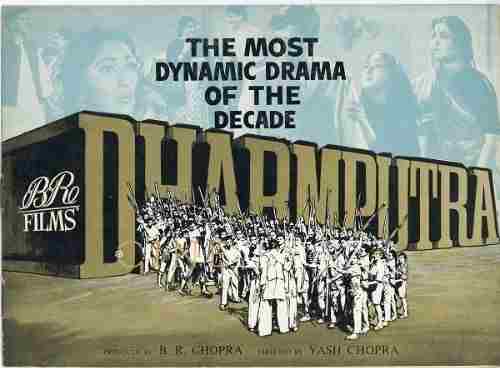
Cast
-
Mala Sinha
Husn Bano -
Shashi Kapoor
Dilip -
Rehman
Javed
Crew
-
BannerB R Films,Bombay
-
Director
-
Music Director
-
Lyricist
-
Story Writer
-
ScreenplayB R Films Story Department
-
Dialogues
-
Cinematography
-
Editing
-
Sound Recording/ Audiography
-
Art Director/Production Design
-
Production Controller
-
Costumes
-
Make-up
-
Re-recordist/ Sound Mixing
-
Laboratory/ Processed atBombay Film Labs P. Ltd.
-
Music CompanyH M V
-
Stills
-
Publicist/P.R. O.
-
Publicity PrinterAll India Publicity Service
-
Painter/ ArtistDiwakar , Pamart
-
Song Recording




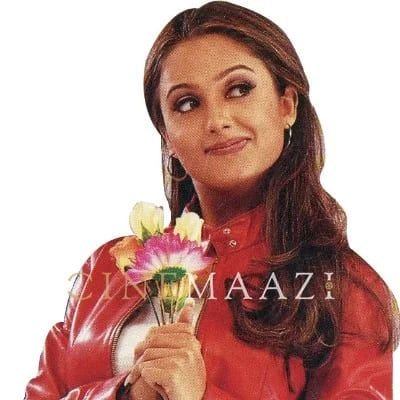
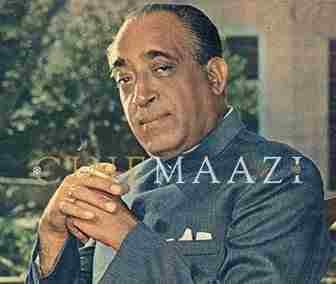
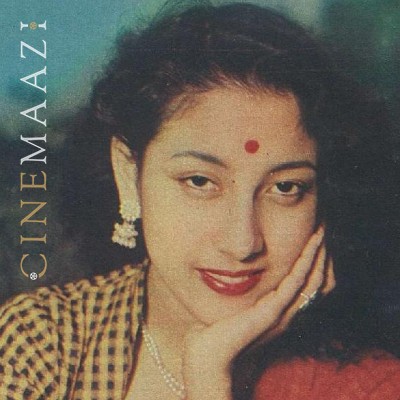
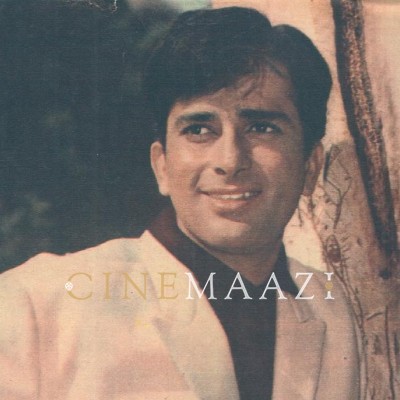
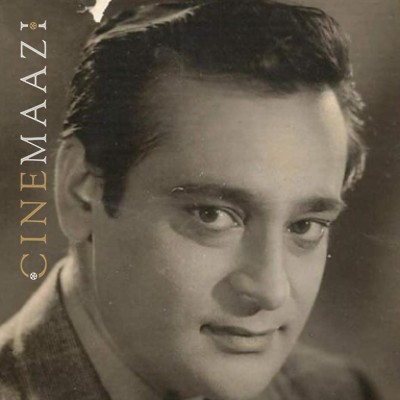
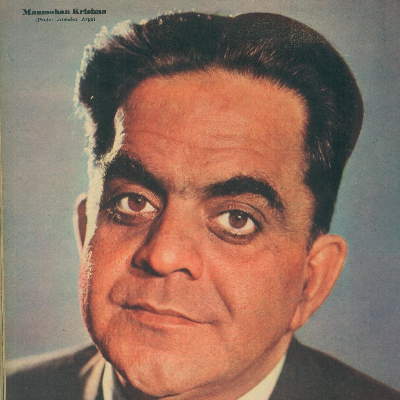
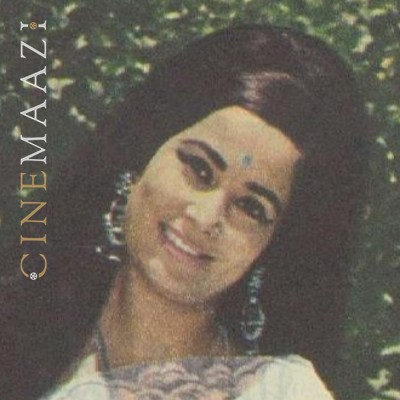
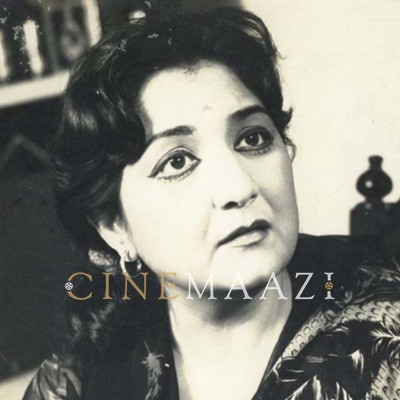
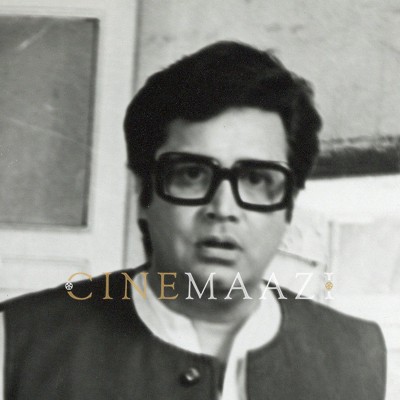

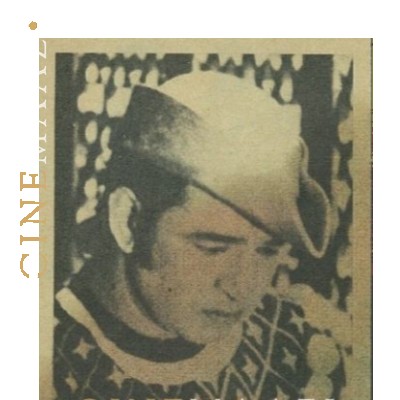
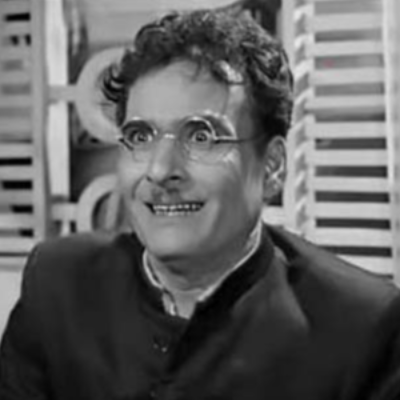
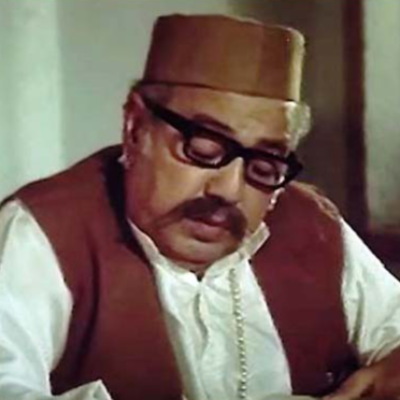
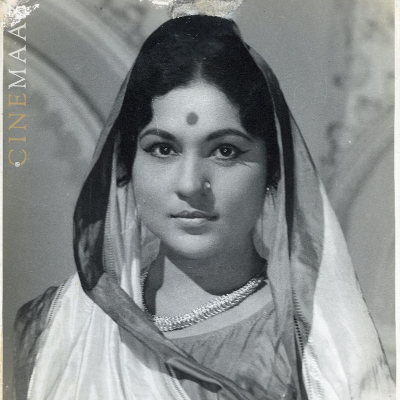
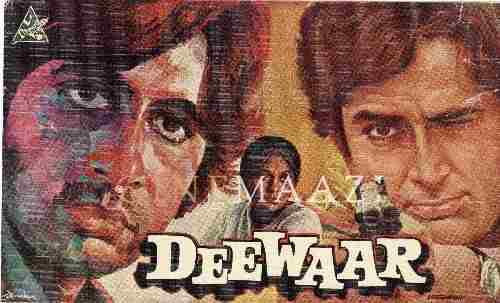
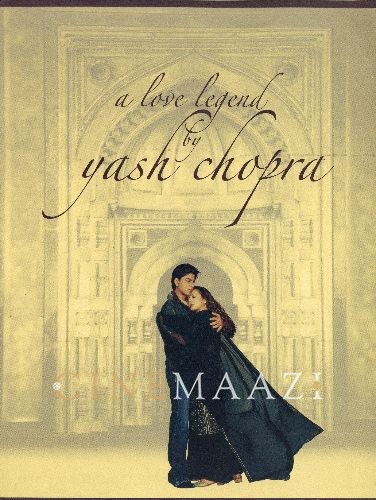

.jpg)



